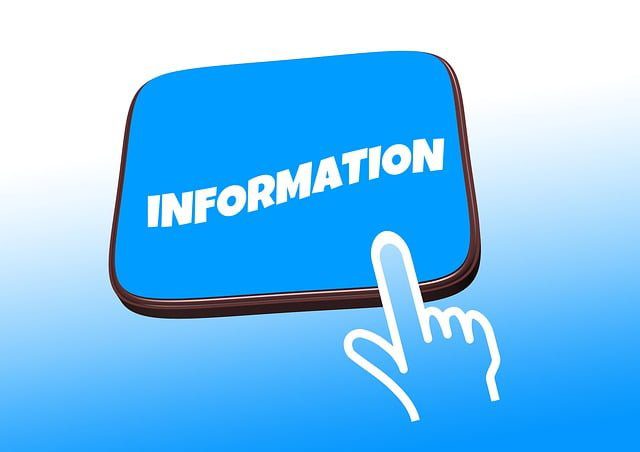What is the first thing that comes to your mind when you think of communication? For most people, the answer is probably “speaking”. In this article, we will take a look at effective written communication.
When you are creating any type of communication or document, ask and answer these 6 questions:
1. Who?
This is the first question you must ask yourself before delivering any form of communication, be it a simple email or a complex project plan. The reason this is the most important question is because “Who” involves people, and people can either make your project a success or a failure. When drafting any type of communication, ask yourself: Who is the audience? Who will be affected? Who will be involved? Who will benefit? For example, if you are preparing a proposal for a new product, who are your target customers? Who will be involved in designing the product? Who will benefit from the success of this product? Having the answers to these questions will help you focus on the people who will be key to the success of your product.
2. What?

This is the subject, topic or title of your project. If you are writing an email, make sure you enter a relevant subject, otherwise your recipients will not know what your email is about, and they may not even open it. Let us use the above product proposal example. You want to send an email to your senior leaders requiring them to approve your promotion budget. What will you enter in the Subject line of your email? First rule is, do not leave it blank! Second, do not use only one or two words that would sound vague, like “Budget” or “Promotion”. Ideally, when seeking approval, make it known in the subject line: “Approval Required: Promotion Budget for Product X”. The recipient will clearly see that their approval is required for product X to be promoted, and most likely they will respond in a timely manner.
3. When?

This is the time, or due date, for the event or activity. Make sure you are clear and precise about the time and date. If you are informing people about an event, you must provide the date, time and duration of the event. If your communication is project related, you should state the crucial deadlines and other relevant milestones. Specifying deadlines creates a sense of urgency and motivation to accomplish your goal. For example, when will Product X be launched? When will the promotion campaigns run? When will you be meeting with key customers? Setting deadlines helps you develop a timeline that will guide you throughout your project, and you will be better prepared for any unforeseen obstacles.
4. Where?

This is the physical location or virtual meeting place. Your communication should reflect this information so that your target audience knows exactly how to be prepared and where to show up. These days there are numerous virtual meeting platforms, so make sure that you provide all the relevant details on how your attendees can join the virtual meeting. Ineffective communication of the location can result in a lot of confusion, waste of time, and may even lead to the cancellation of an event, which would reflect negatively on you. As an example for a virtual meeting you can say, “We are having our next meeting via phone. The number to dial in is 123-456-7890 and the code is 1234”. In this example, we clearly state that it is a phone meeting and we have provided the relevant details on how to join the meeting. If it is a physical meeting, state the precise address of the meeting place, including room numbers, buzzer codes, where to park and any other relevant information.
5. Why?

After identifying your audience, subject, time and place, you have to inform your audience of the reason of your communication. Additionally, you have to portray why it is important or why it should matter. If you are writing a project plan, make sure you include enough details for your reader to understand the importance of your project. You need to show the reason why they should care about what you are writing about. You must be able to articulate the benefits of doing that project so that they can clearly picture the plan and the benefits of the project. For example, if the budget will increase by executing the project, then you need to show them that the budget will increase by $X but the outcome from this project will be $XY including any other gains like employee development or customer loyalty. Communicating the reason clearly is essential, otherwise your audience may not understand why it matters and your project may not succeed.
6. How?

This involves how something happened or will happen, how something works and how it affects those involved. This is where you will write about how you will execute, how you will reach your goal, how many people and resources it will involve and the overall effect of the project. When you write about the how, you might also want to show how you will measure the success or ROI and how you will report it. Having the answer to this question will help you develop a roadmap of how you will achieve your goal, and how you will overcome any challenges that may arise.
These questions can be summed up as the 5Ws and H. When your communication answers all of these questions, you will come across as professional and confident. Missing out any of these details will make your communication vague, and you may come across as unprofessional and disorganized.
As John Powell says, “Communication works for those who work at it“.
How do you use the 5Ws and H? What other questions do you ask yourself when communicating effectively? Let me know in the comments below so we can learn from each other and continue to thrive at what we do.







 Sign up for the
Sign up for the
0 Comments